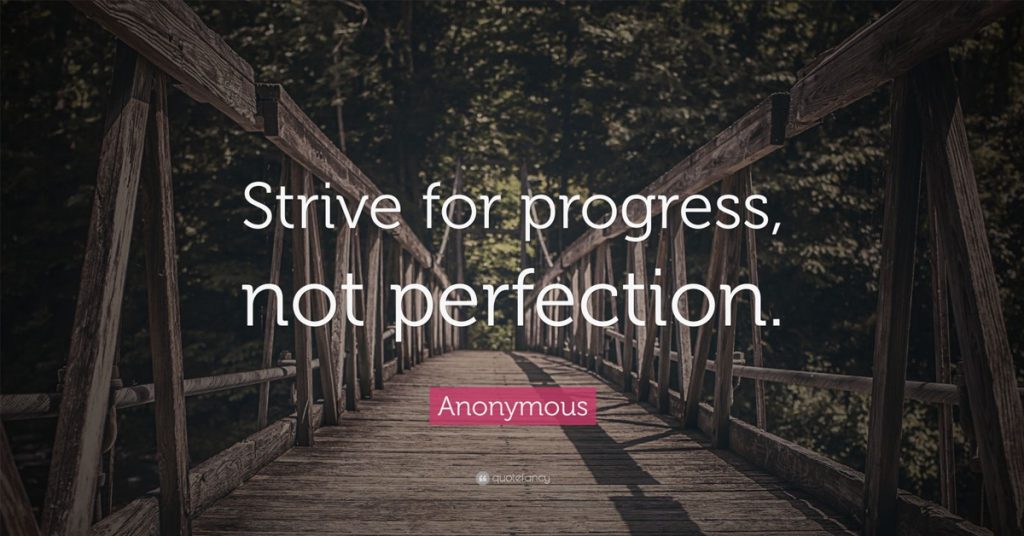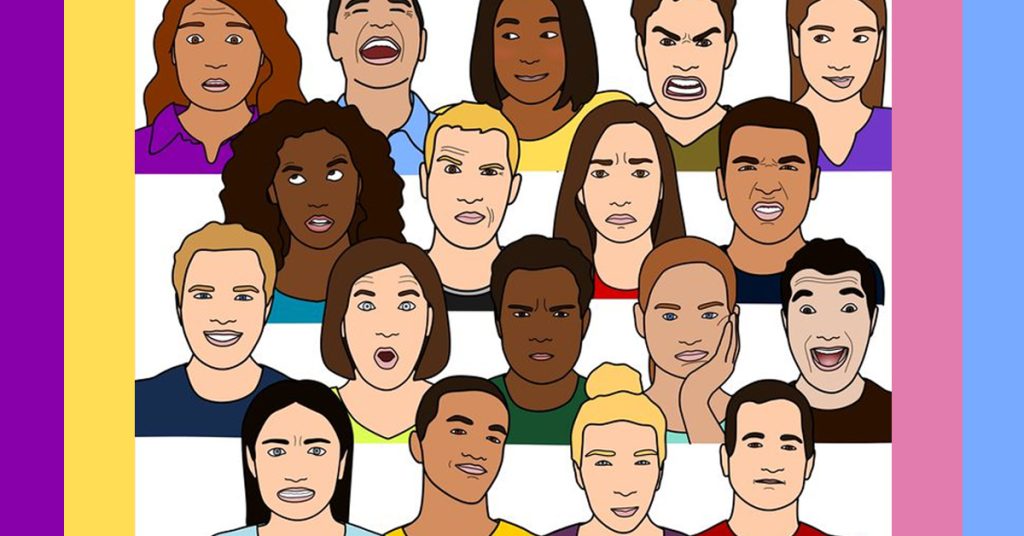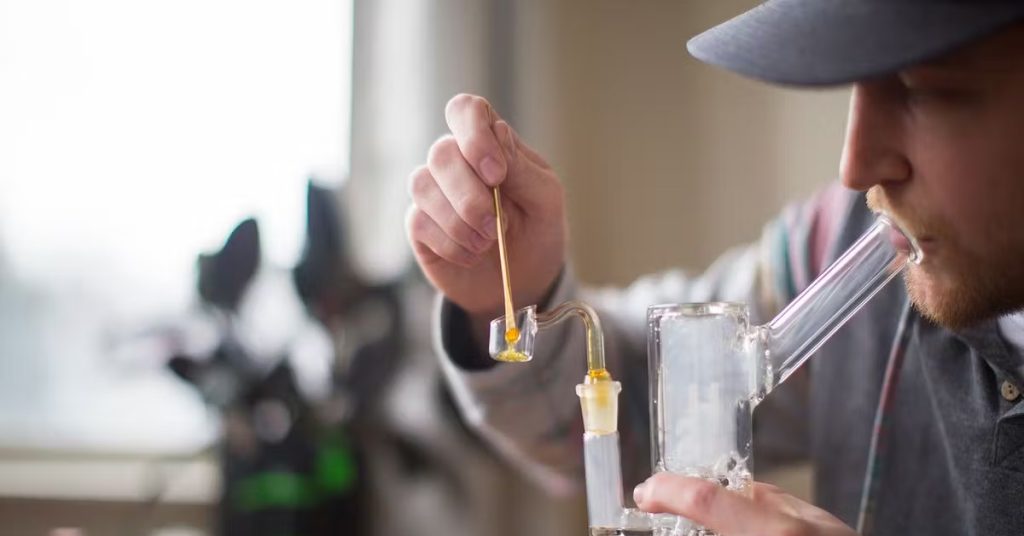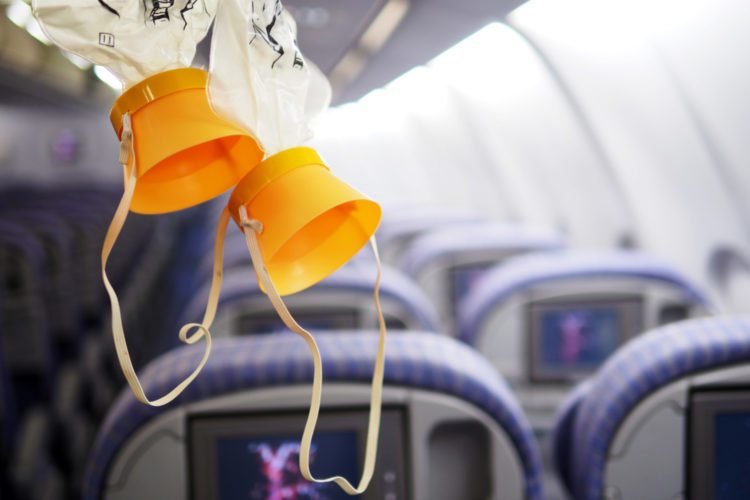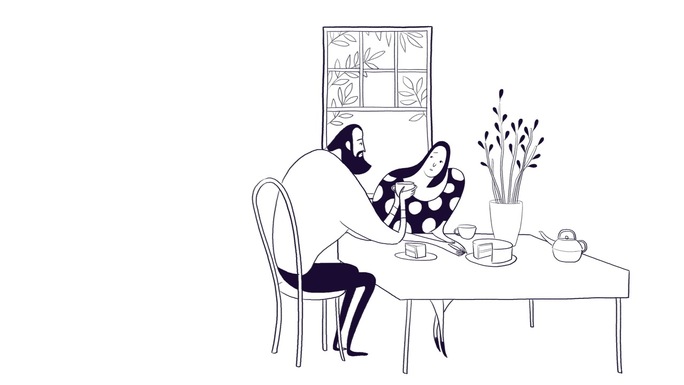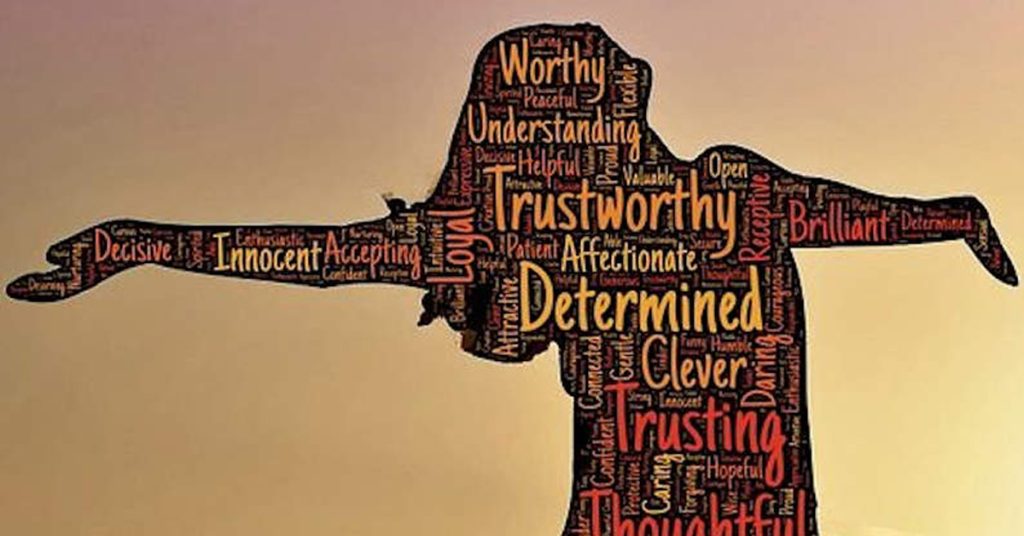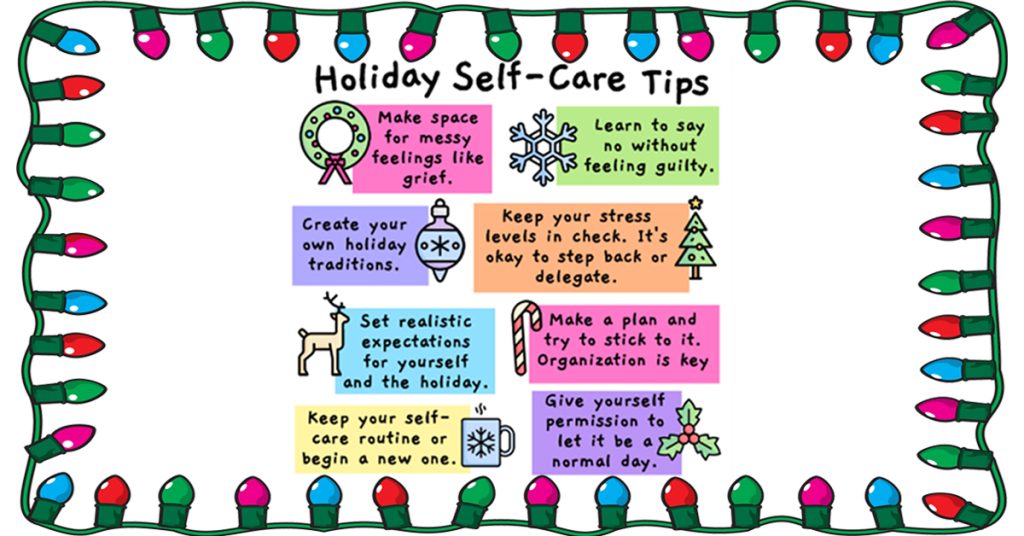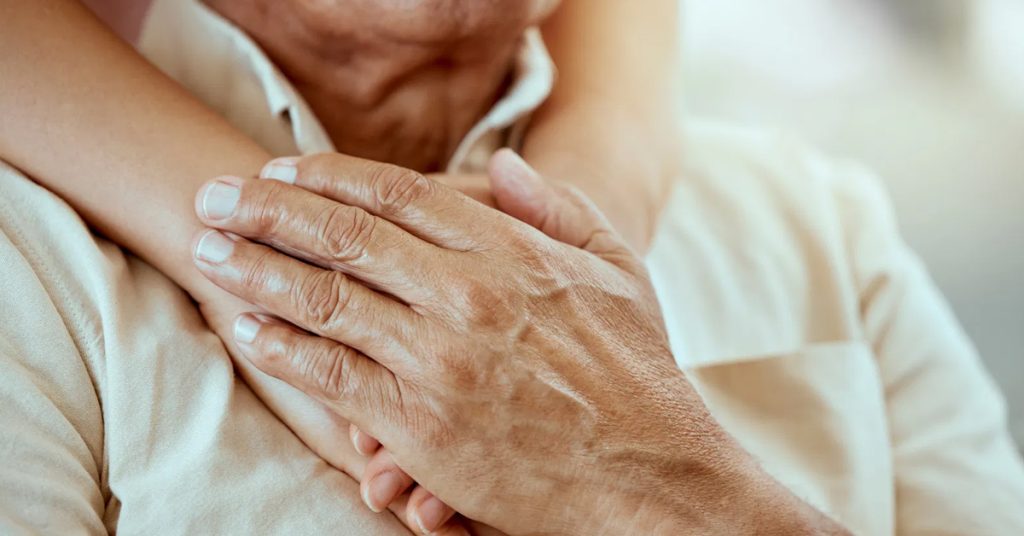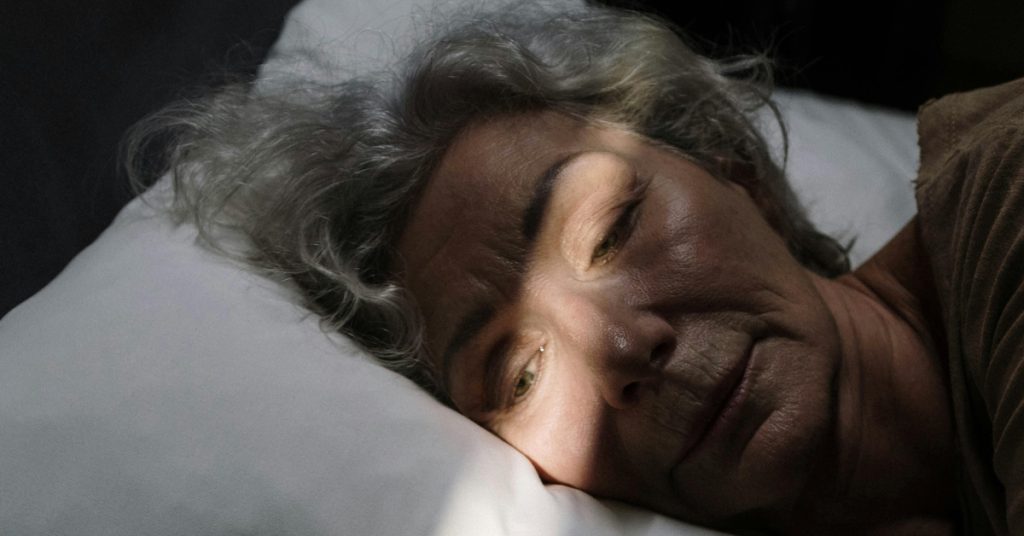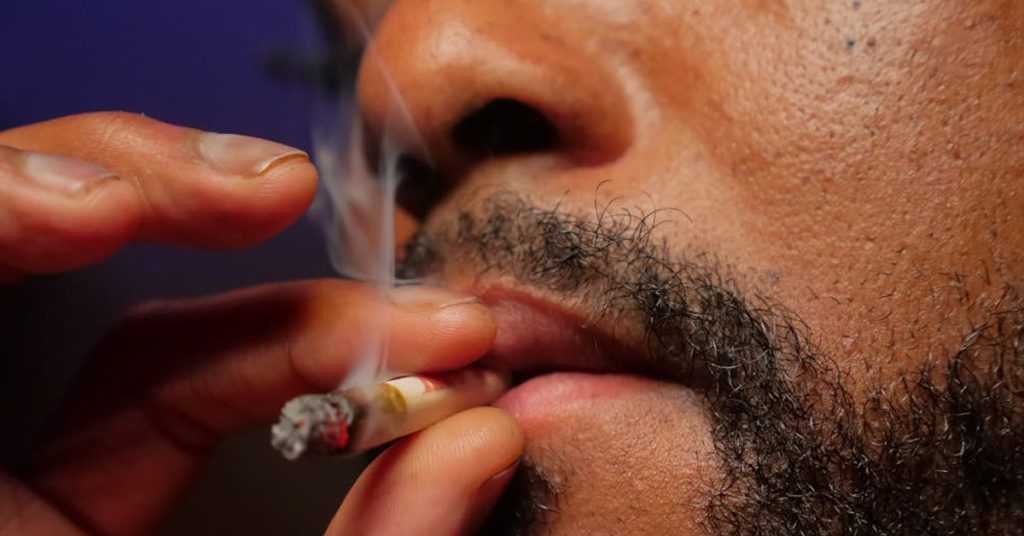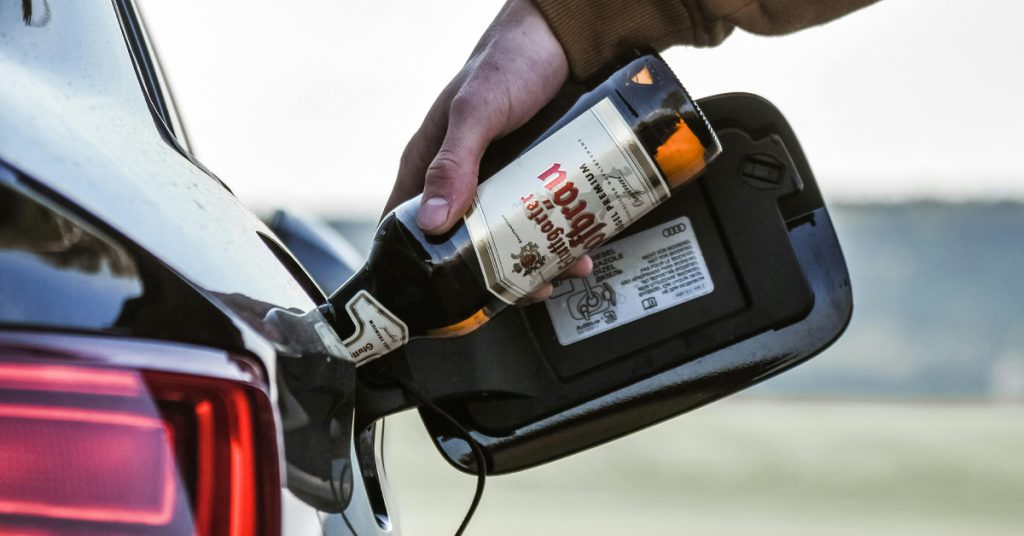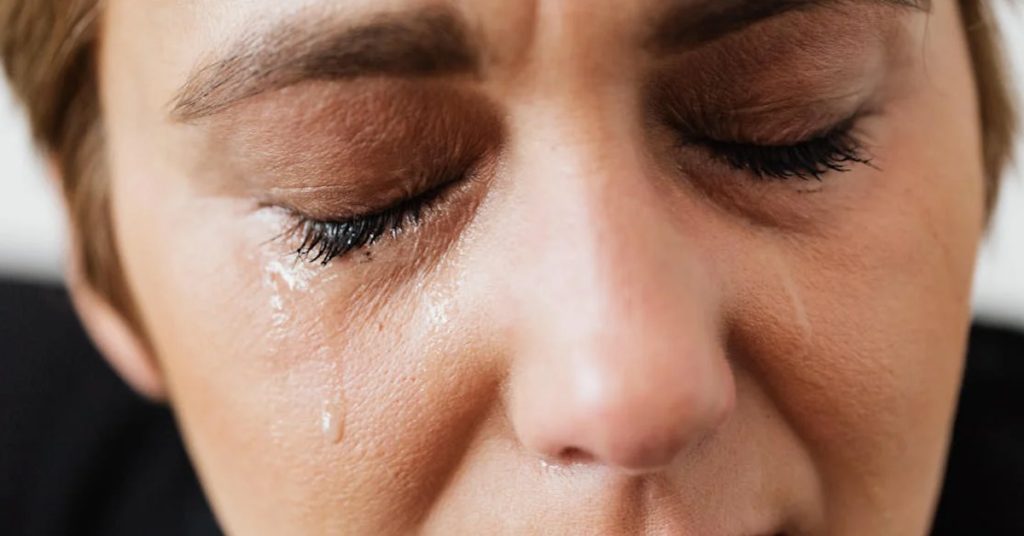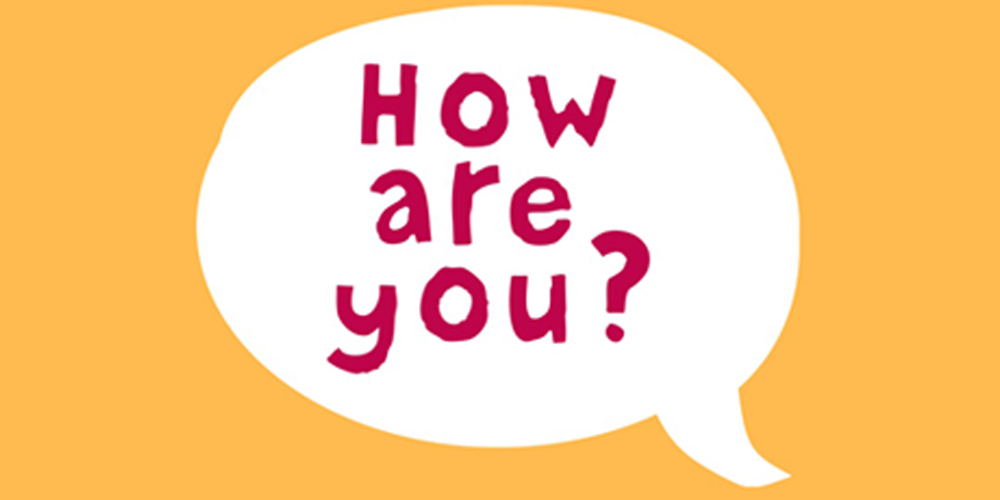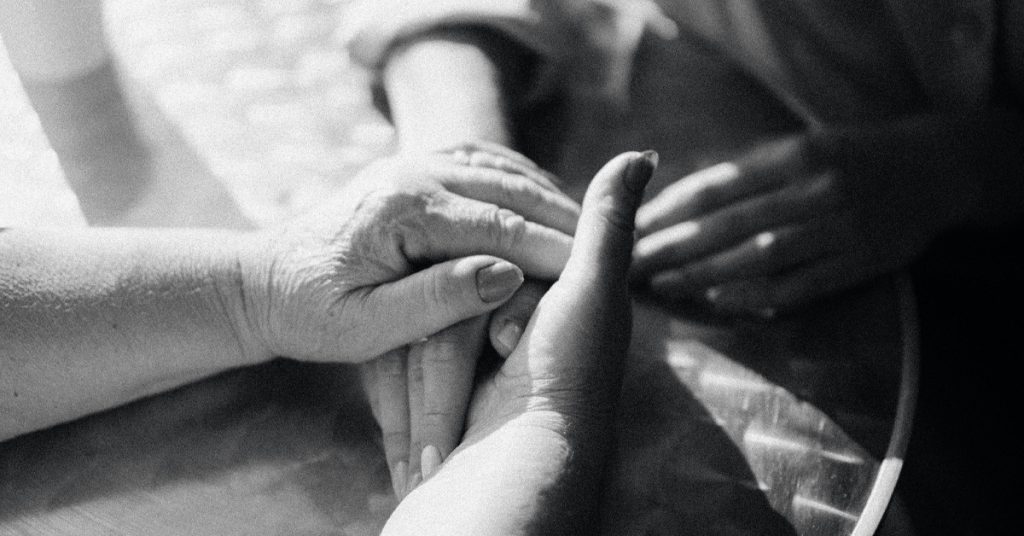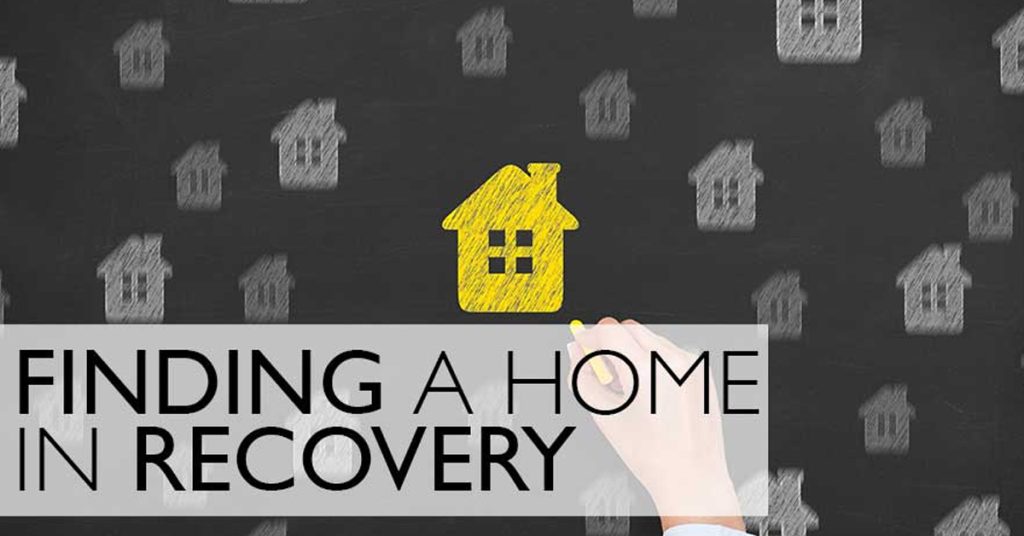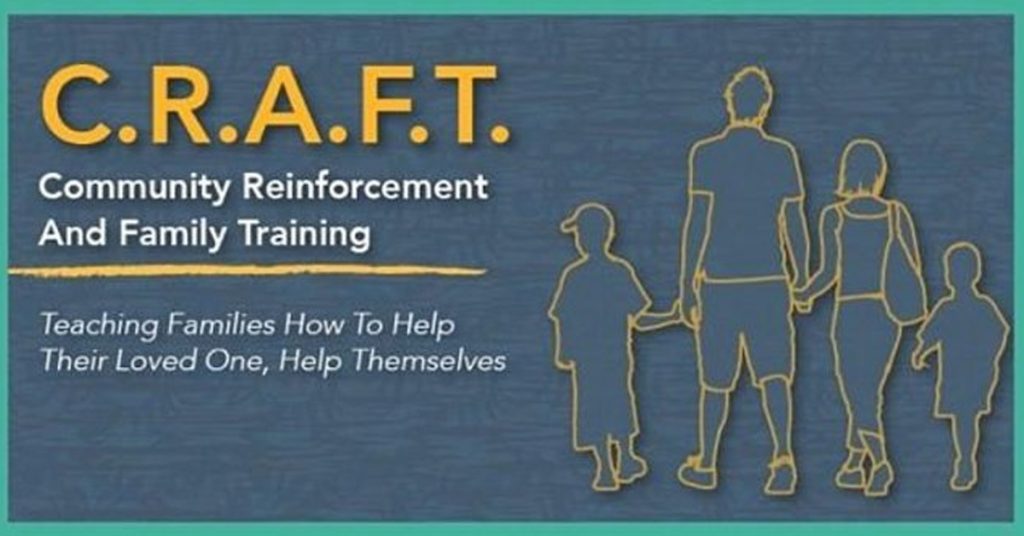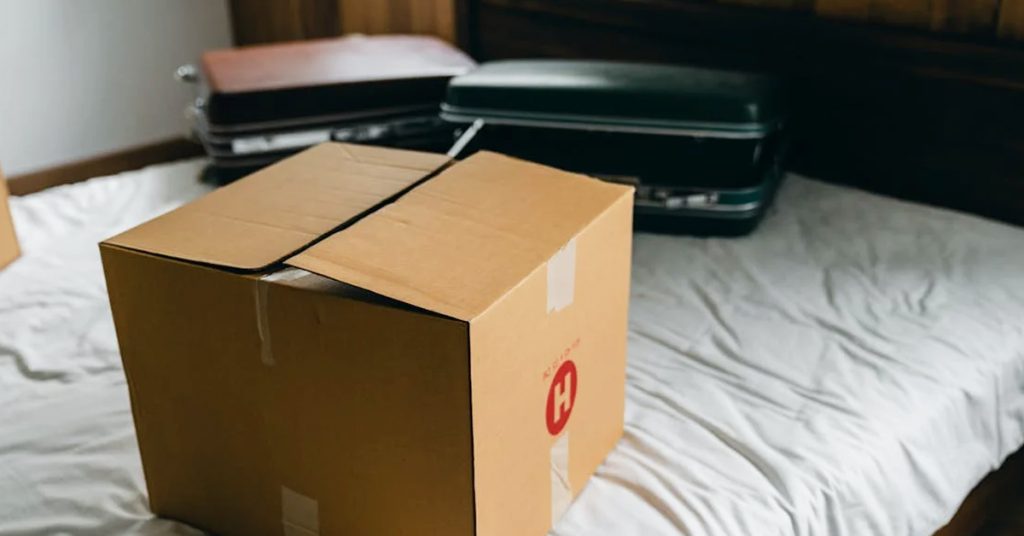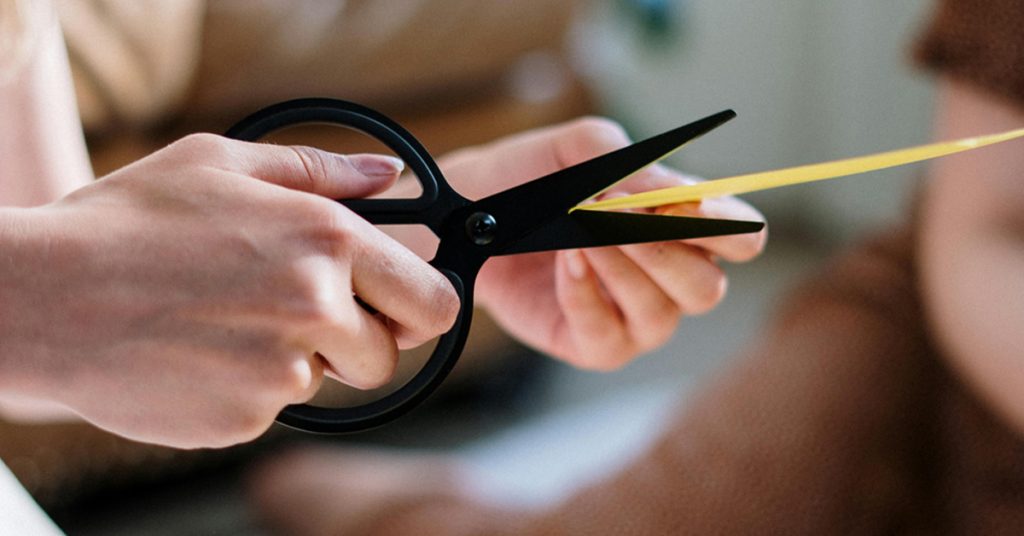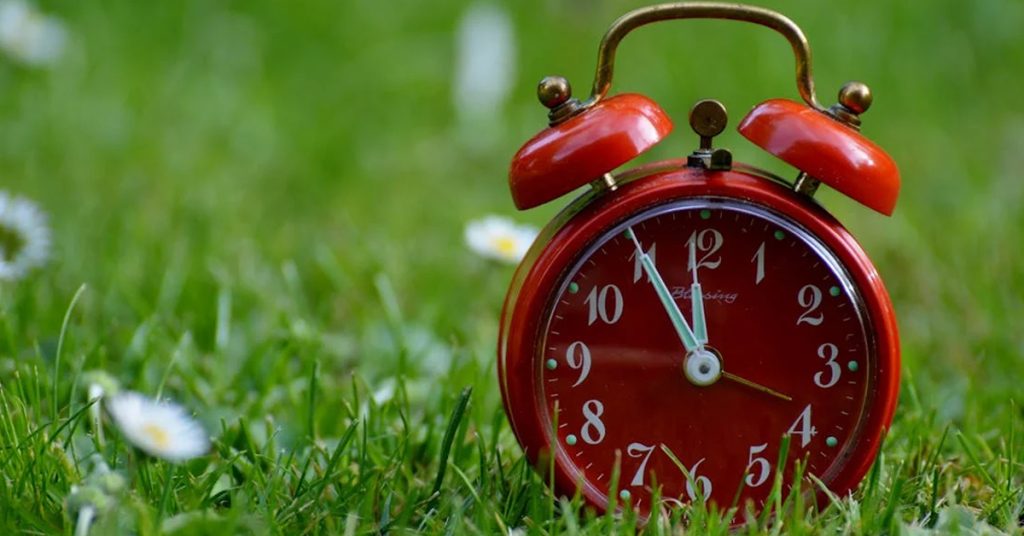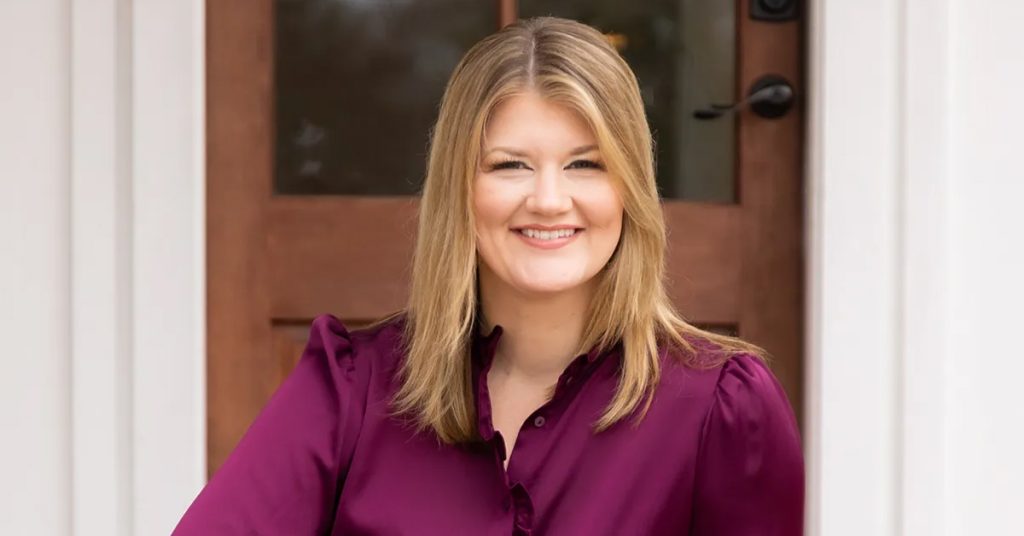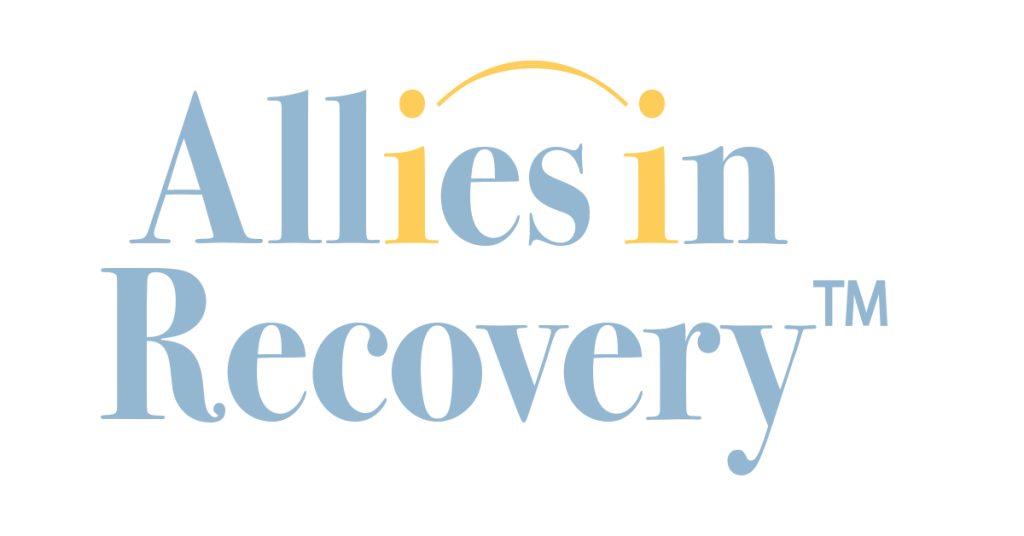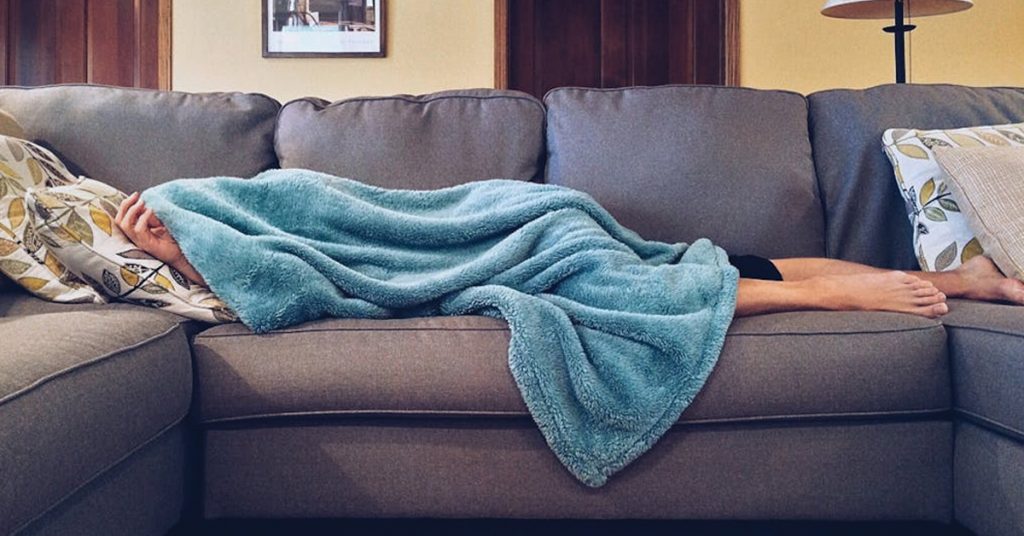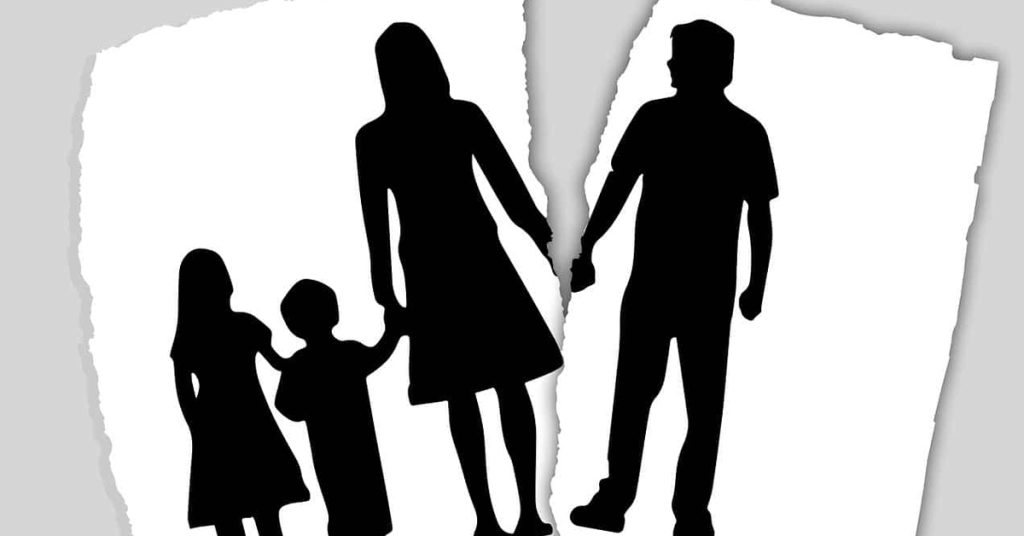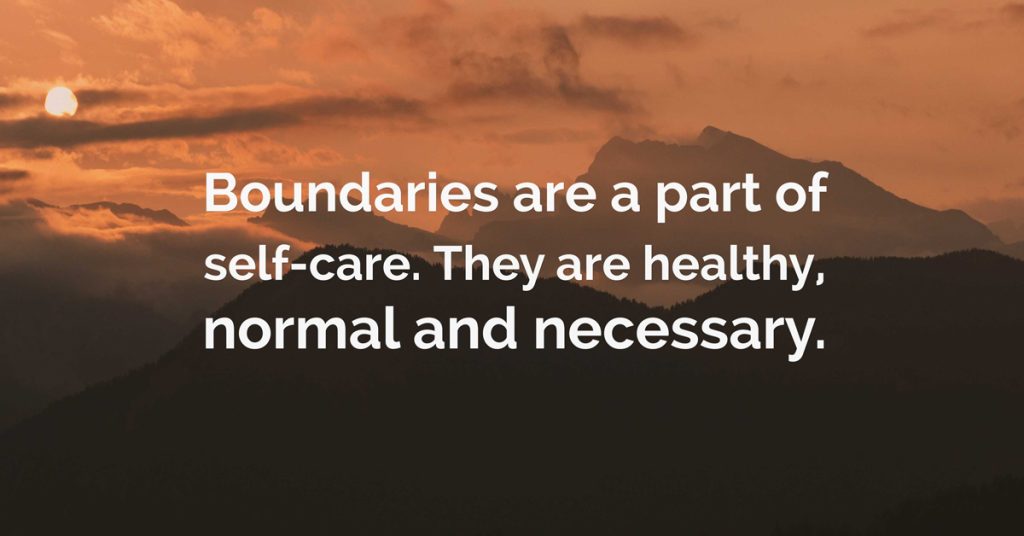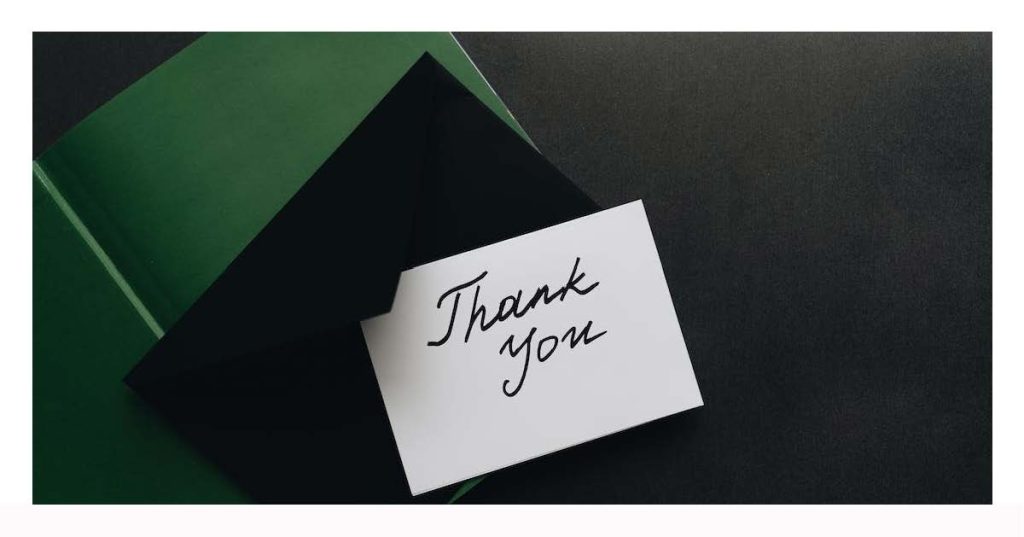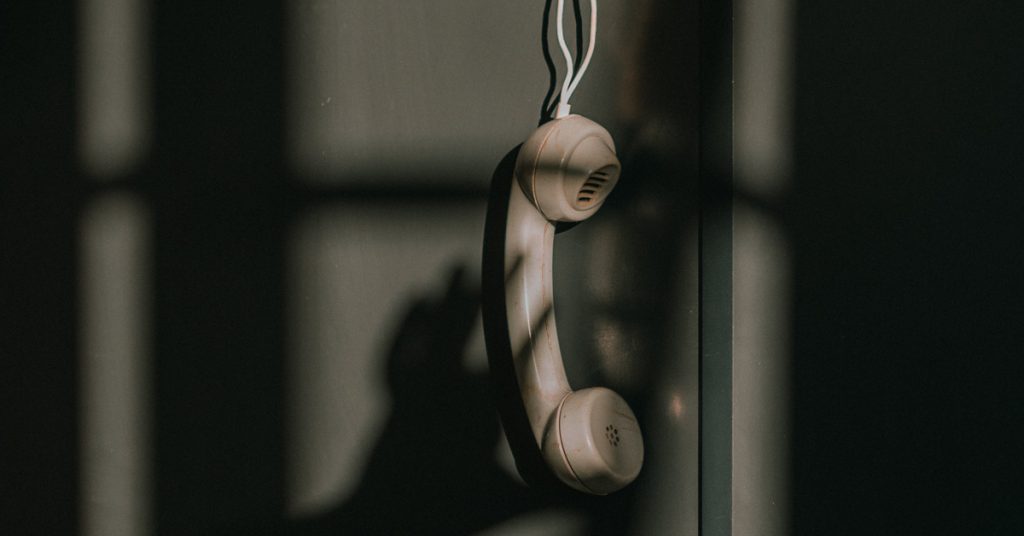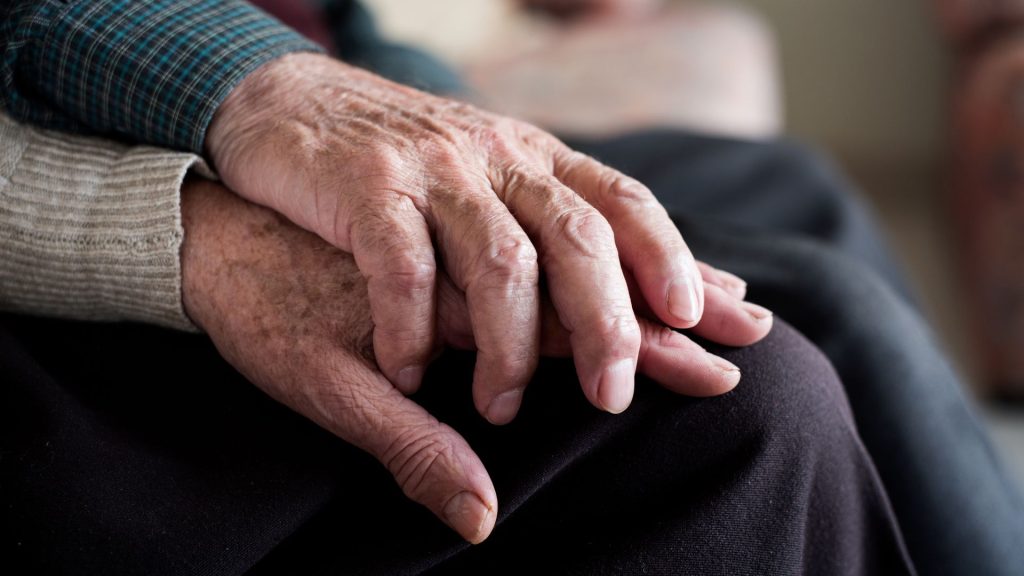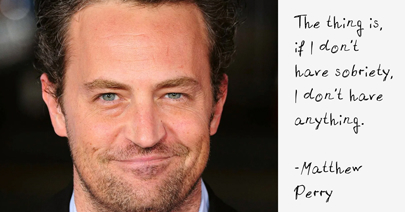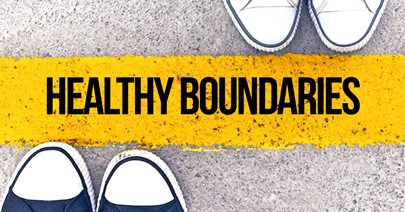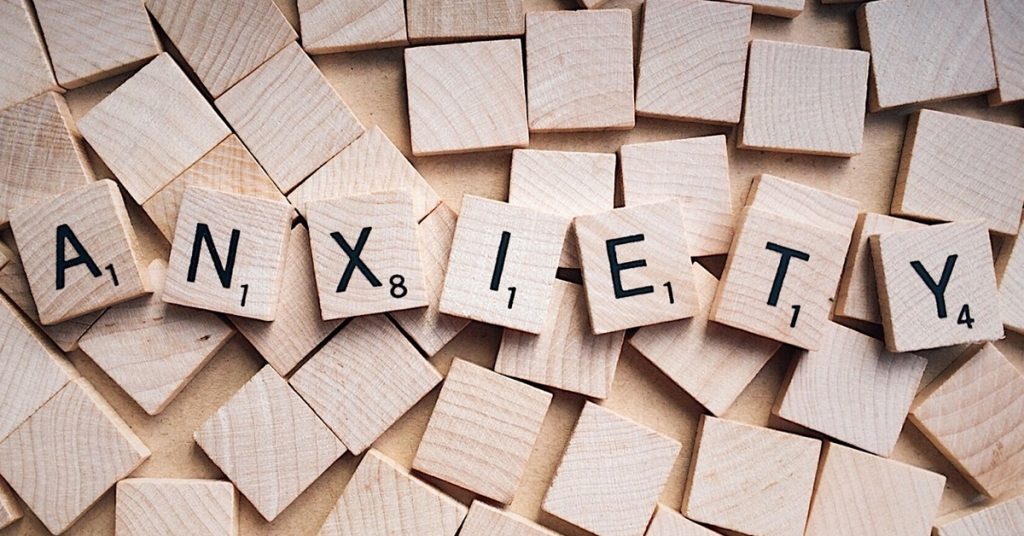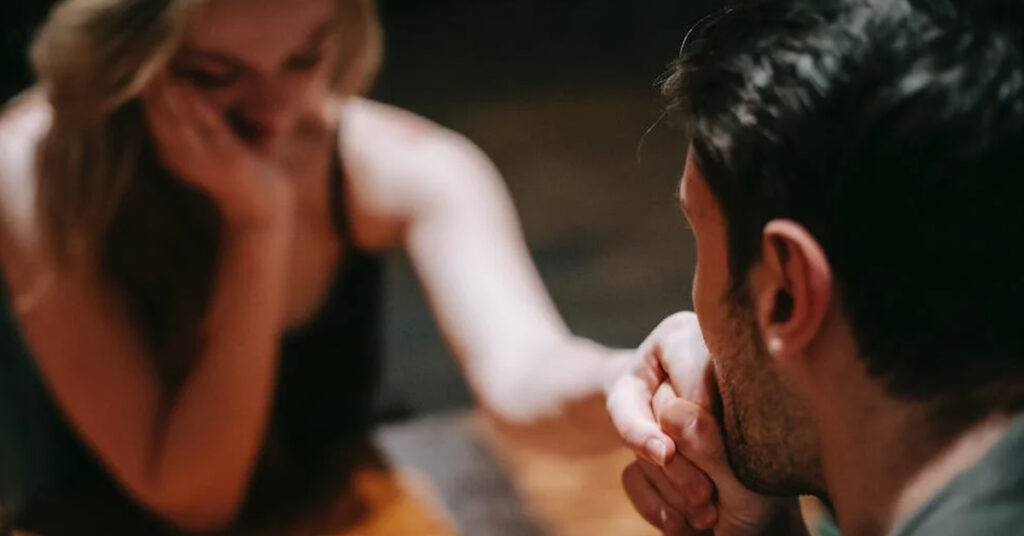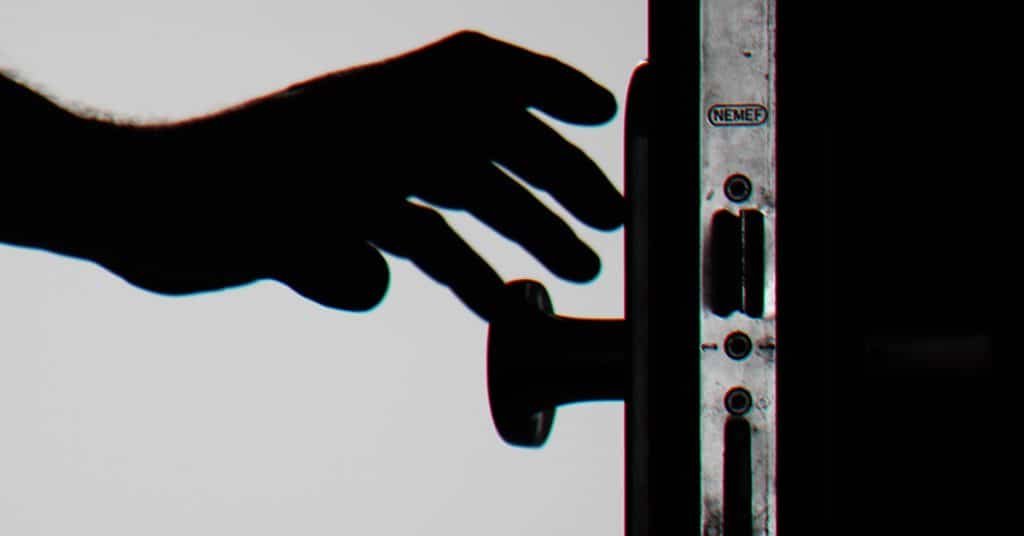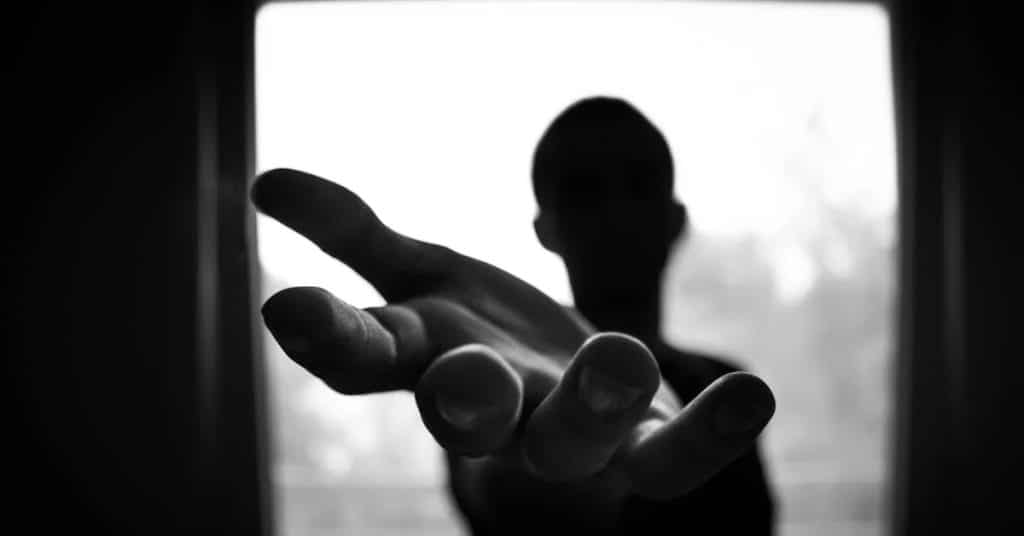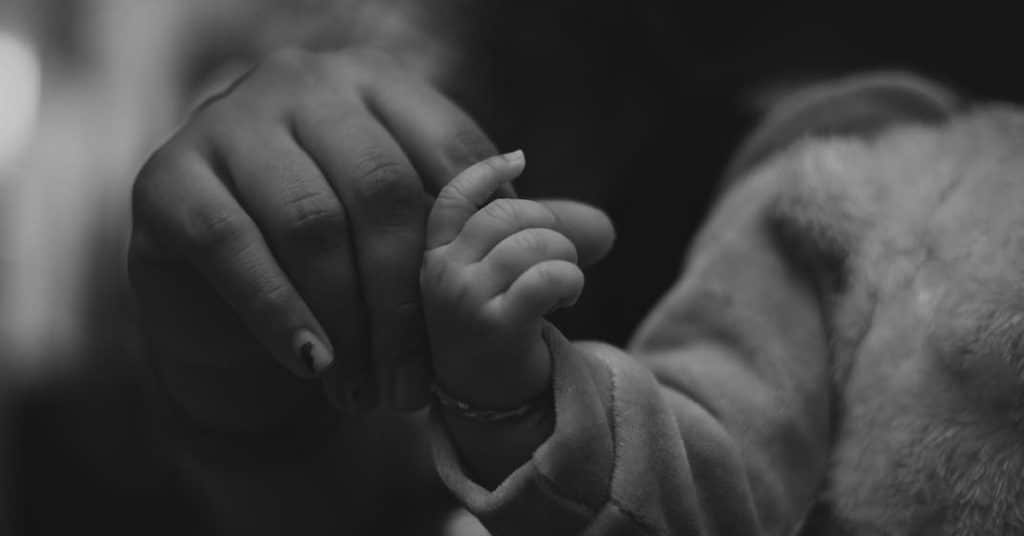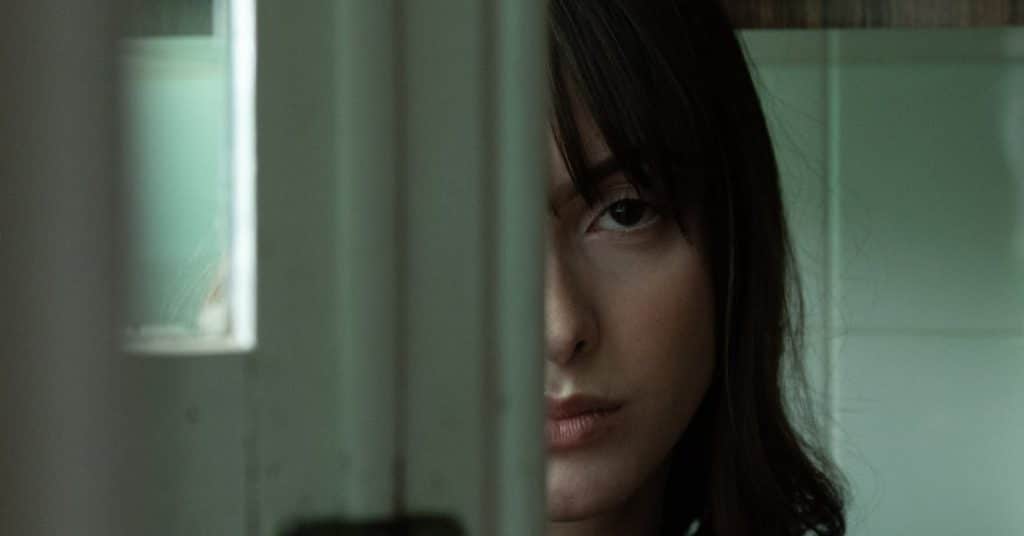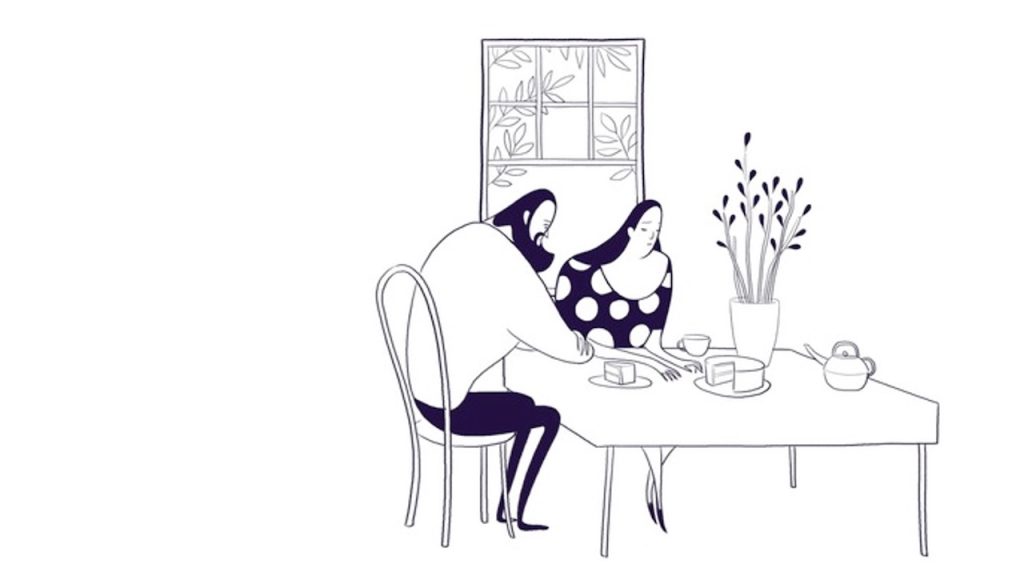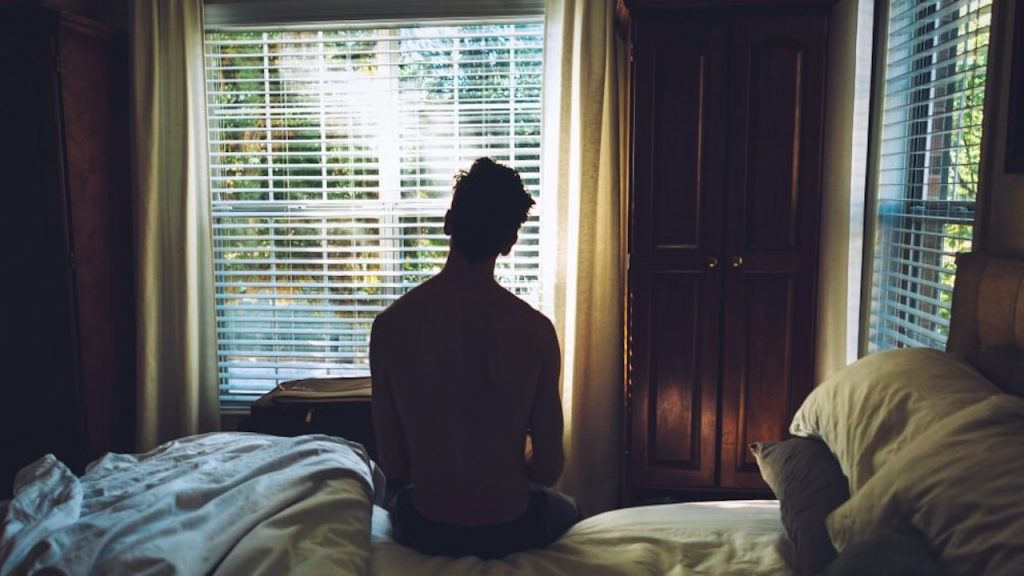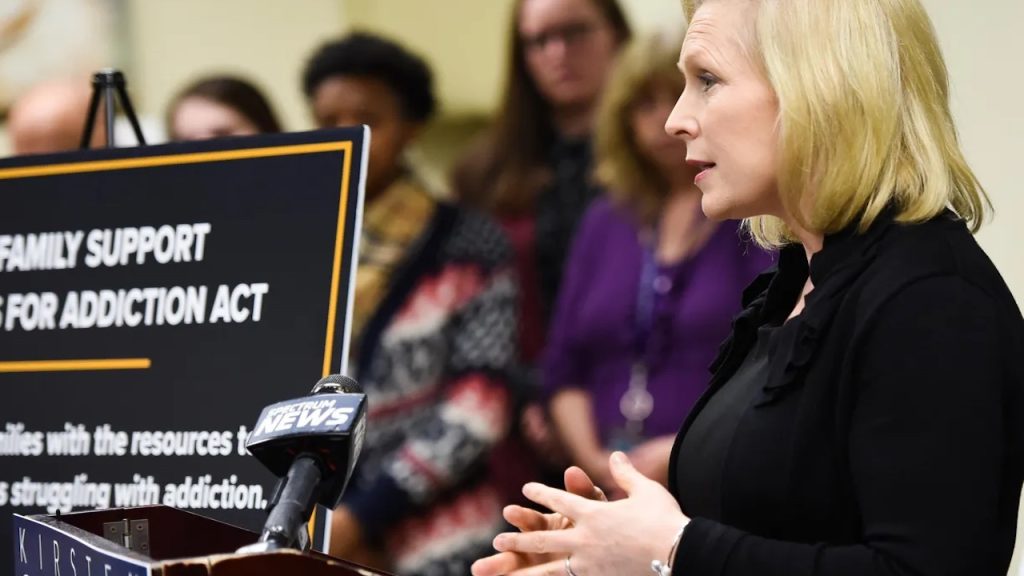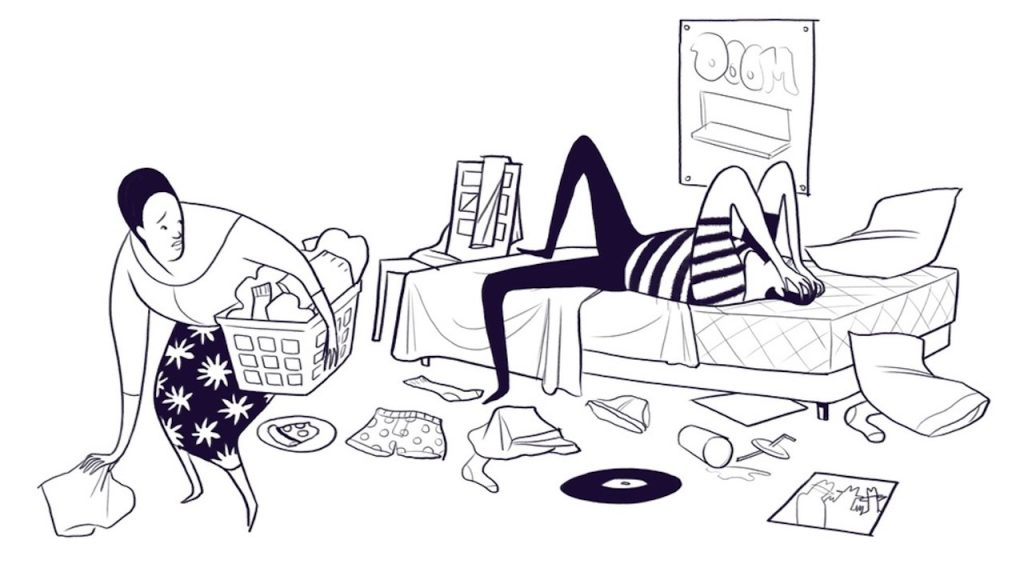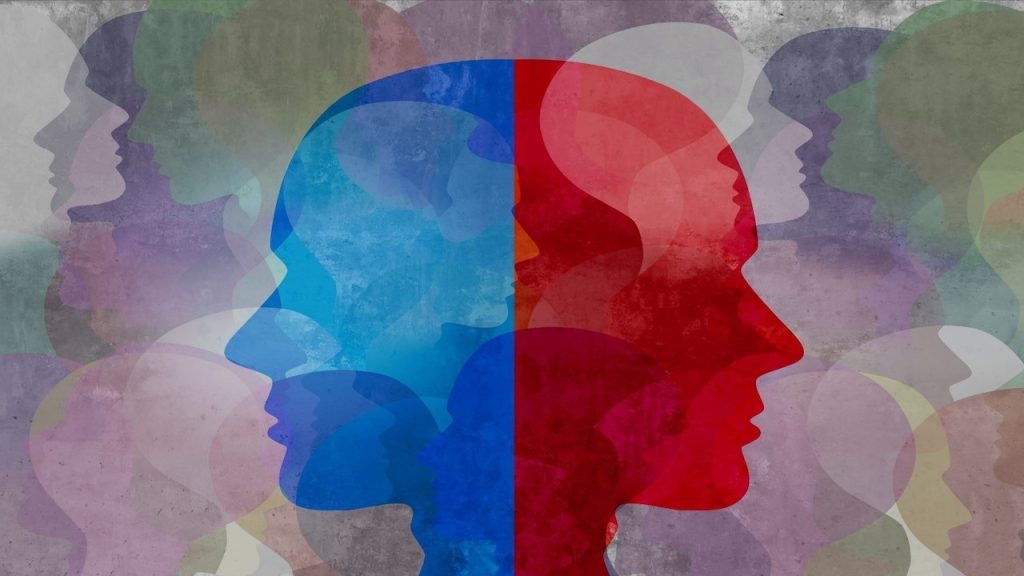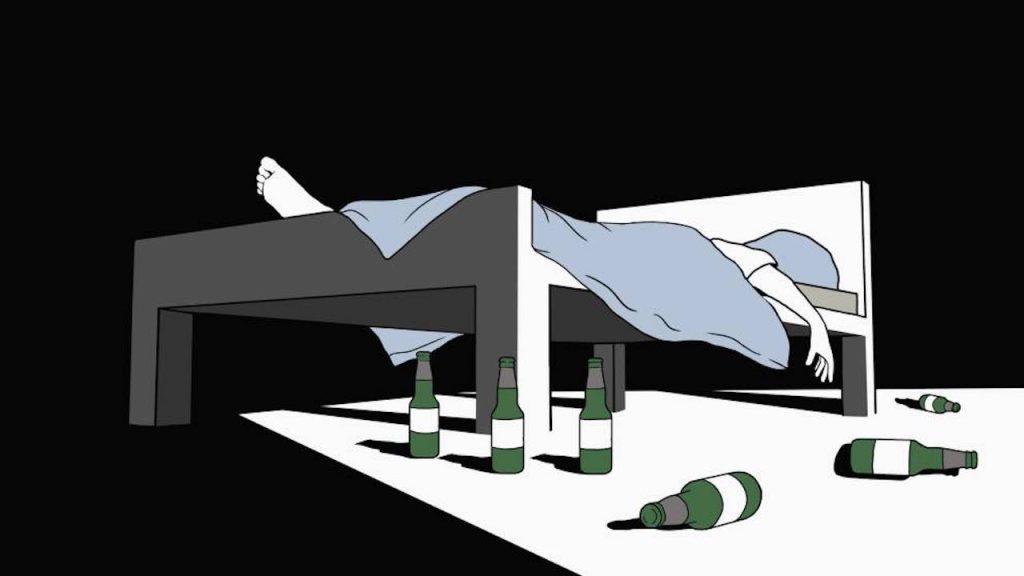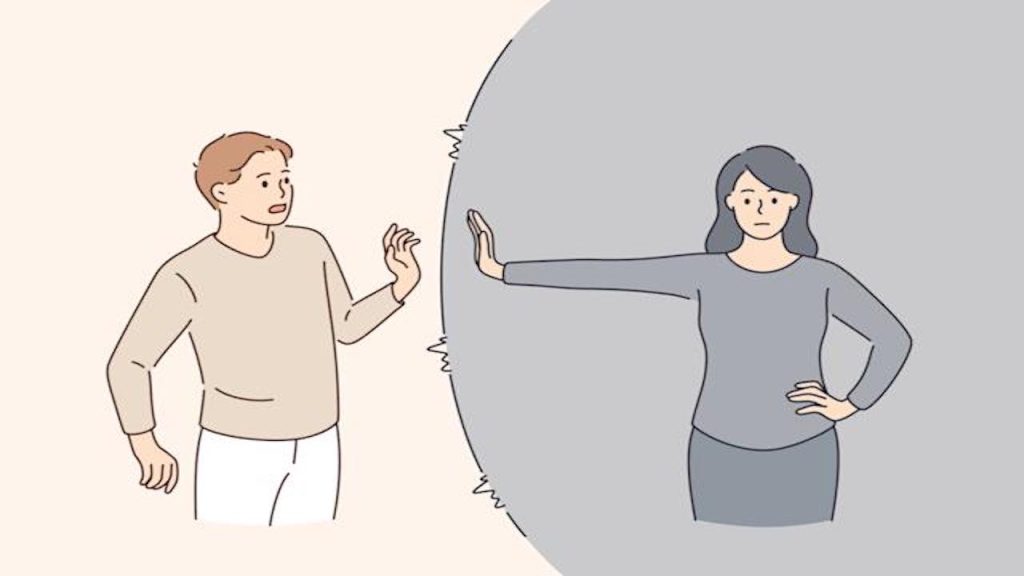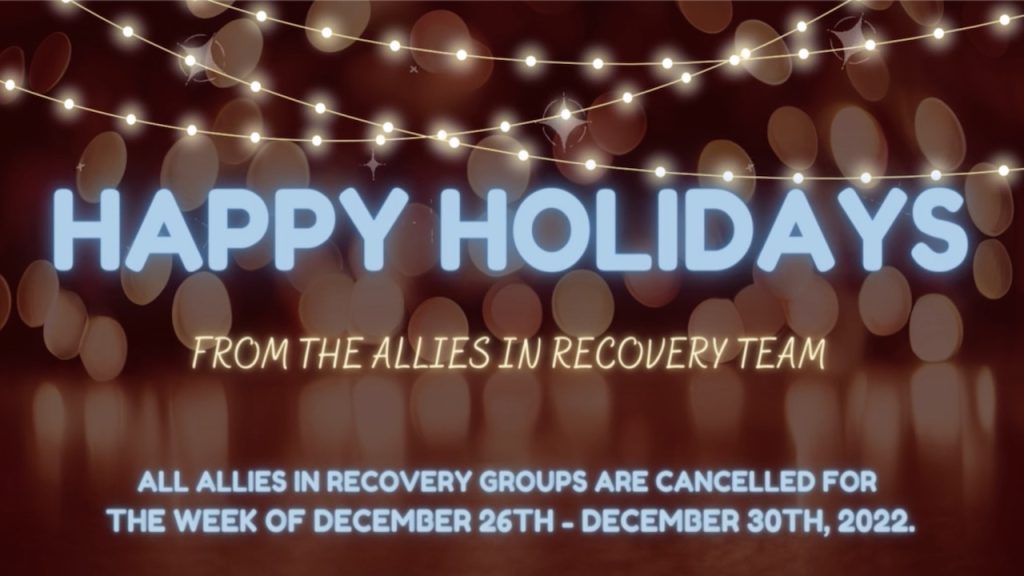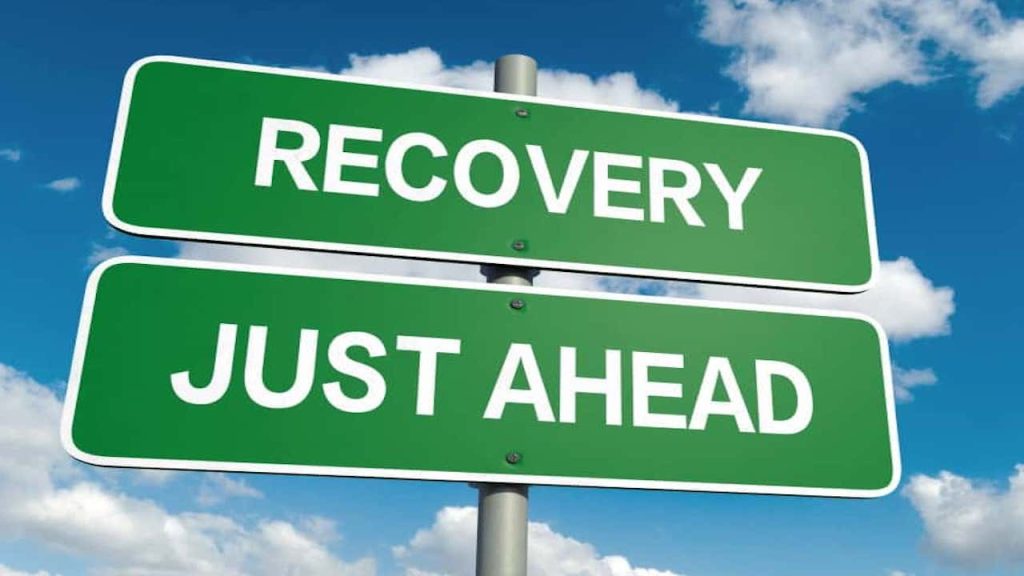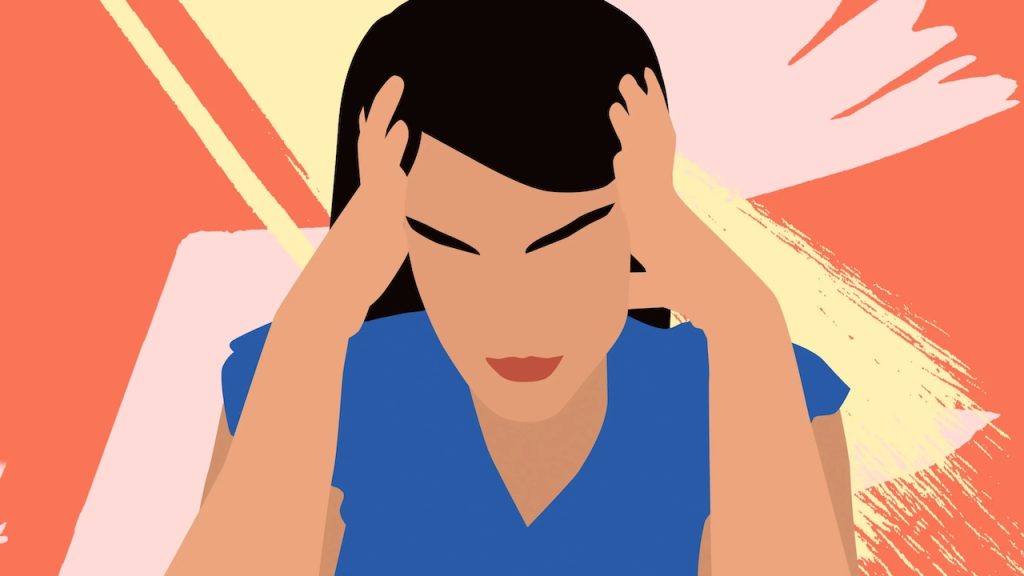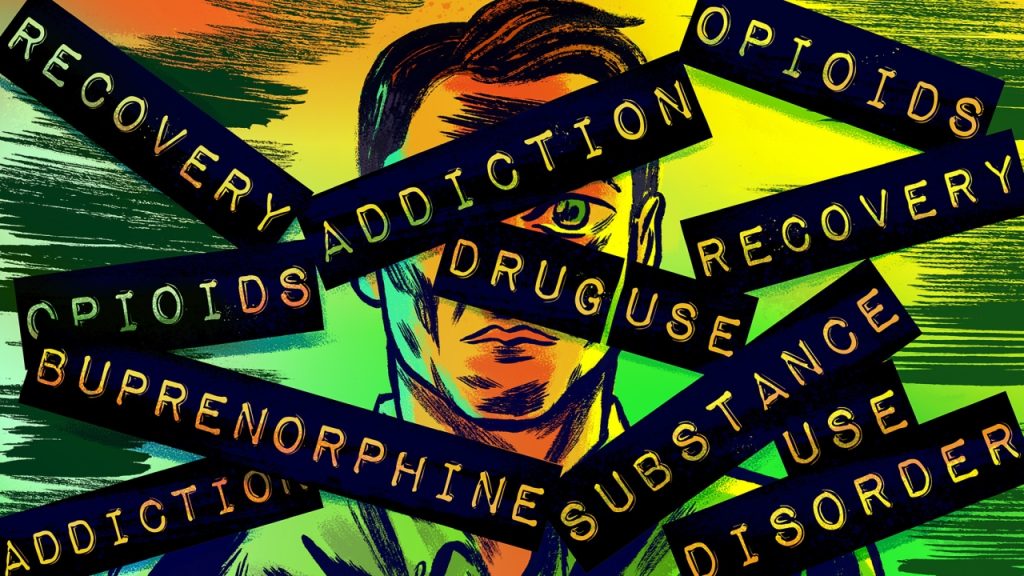He’s Withdrawing from Suboxone at Home!

*This post originally appeared on our Member Site blog, where experts respond to members’ questions and concerns. To sign up for our special offer and benefit from the Allies in Recovery eLearning program, click here.
Dominique Simon-Levine guides this young woman through the process of detoxification and how she can support her boyfriend
An opiate detox is difficult. The protocol drops the person to 0mg on day 7 (a 200% drop from day 6). The high-percentage drops toward the end of the protocol (whether it’s a quick detox like your boyfriend just finished, or a slow titration off of suboxone maintenance), are hard to tolerate. The person feels it more at the end. Because buprenorphine (the agonist in suboxone) has one of the longest half-lives—much longer than illicit opioids—your boyfriend is going to experience withdrawal over a longer period than he would the heroin. It can be a nasty surprise. He’s going to have to hang on. The symptoms, especially the insomnia, can last 2-5 weeks for those coming off of maintenance therapy. Discharging people precisely when they’re experiencing the hardest phase of withdrawal has never made much sense to me. Detoxification units are medical units designed to rid you of the drug, not necessarily its after effects. Insurance doesn’t pay for harmless physical withdrawal symptom supports in a medication unit. This is one huge reason relapse rates are so high when the person stops MAT (medication-assisted treatment). It’s a critically missing component in the system of care for people with opioid dependence. Reimbursable supportive inpatient care for this stage just doesn’t exist.
How to care for him during this withdrawal
I hope that just knowing this will be of help to both of you. As the family member, you are the unpaid, untrained person that will need to care for your boyfriend. A few things that may help to ease his withdrawal at home:
- Sitting in a hot bath alleviates the twitching body and joint pain.
- I’m sure you’ve thought of what is available over the counter, sometimes referred to as “comfort medications.”
- Exercising, despite the fatigue, will settle the anxiety to some extent, and the aches.
- Eating despite the upset stomach will provide needed energy.
- Knowing it will pass should help the depression. Each day should bring a little more relief.
Sitting in a 12-step or other peer support group every day will help your boyfriend stay motivated. Perhaps you drive the two of you to open meetings for the next couple days. Sitting at home staring at the wall is very dangerous in this moment. It sounds like your boyfriend has a plan, a good plan. He is fortunate to have someone who cares and isn’t judging him. A membership at Allies in Recovery brings you into contact with experts in the fields of recovery and treatment for drug and alcohol issues. Our learning platform teaches you the CRAFT method and guides you through the best techniques for unblocking the situation. Together we will move your loved one towards recovery. Learn more here.

